WATCH: Social Equity in Cannabis is Broken
The Bluntness recently hosted its first ever panel discussion featuring industry experts from California and New York.
The panel was guest moderated by Juliana Whitney, president at CANN Strategy, an organization that helps vision-driven cannabis businesses reach their full potential.
Joining Whitney was David Hernandez, COO of NYC-based cannabis lifestyle Happy Munkey; Christine De La Rosa, CEO of The People’s Ecosystem and managing member of The People’s Group, both of which promote community empowerment and stereotype erasure; Ophelia Chong, founder of Stock Pot Images and Asian Americans for Cannabis Education; and Solonje Burnett, co-founder and CEO of Brooklyn-based Humble Bloom, a cannabis education and advocacy platform.
Whitney and her four guests discussed the continued need for social equity in cannabis – which has thus far been nothing more than an empty promise wrapped up in a pretty bow – and how the legacy members of the industry have been banning together to take this progress upon themselves by pushing social equity forward on their terms.
Getting Blunt about Social Equity in Cannabis
The panel dove specifically into New York, as one of the newest developing cannabis markets in the nation. While social equity hasn’t actually accomplished anything throughout the years and across the nation, the panelists encourage the community to keep a close eye on NYC and their promises to right these wrongs.
To take it a step further, Whitney encouraged the panelists to dig into their idea of a well-executed program, which would actually support the disadvantaged groups it promised to in the first place.
The panelists highlighted some of the major issues with today’s version of social equity that need to be addressed, like Oakland’s neverending hamster wheel of giving minority applicants loans rather than grants and then subjecting them to a strict and stressful collections program, the lack of proper resources at the Department of Cannabis Regulation in Los Angeles to actually push anything forward, and the backroom, politically-fueled dealings of licenses – all of which leaves social equity as a whole completely set up to fail.
While all of the experts agree that the West Coast’s approach to social equity has largely been a failure, they remain hopeful that sharing this information and remaining vocal about what’s gone wrong will help inform stronger and more intentional efforts from the East Coast – but, no one is holding their breath.
Beyond the collective frustration with cannabis’s lack of the justice the community has been promised, Whitney and the panelists discussed what states’ cannabis advisory committees should actually look like to properly reflect the experience of the legacy industry, how systemic racism continues to have its hands in every aspect of the country (and globe), and how necessary it is to flesh out these issues before cannabis becomes a fully legal industry.
Watch the full panel with The Bluntness to hear the four experts expand on their invaluable knowledge and experience in the cannabis industry, both legacy and legal.
Need a little more Bluntness in your life? Sign Up for our newsletter to stay in the loop.
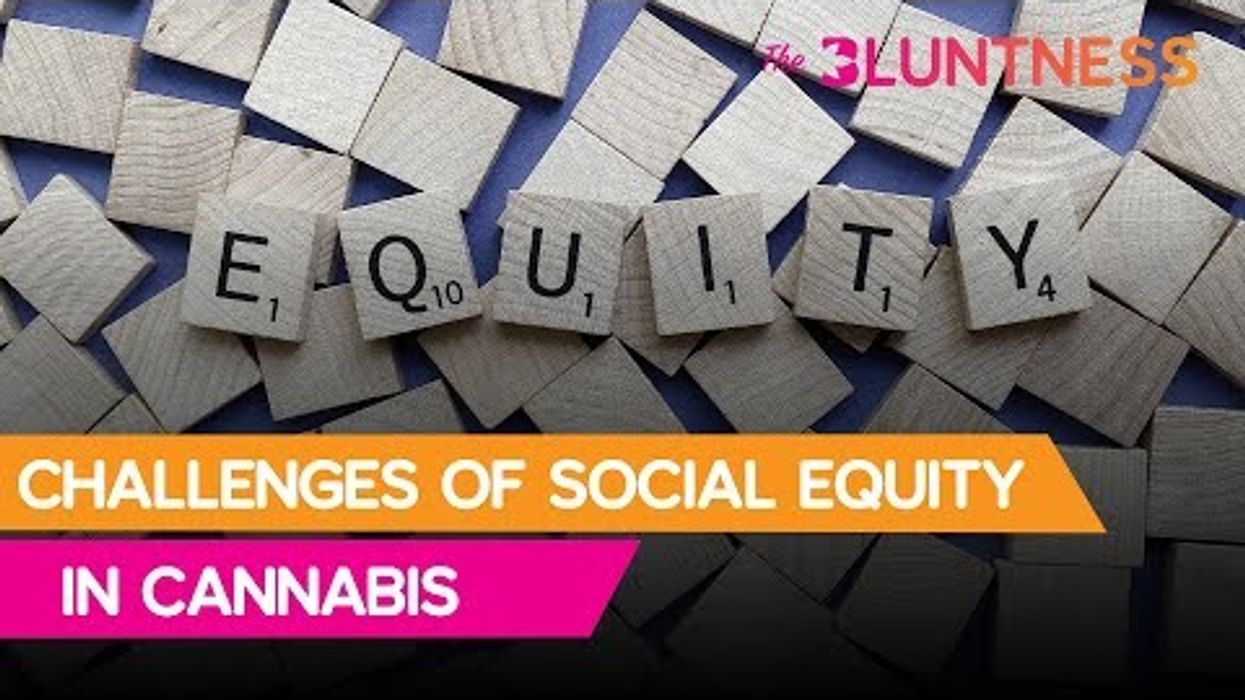

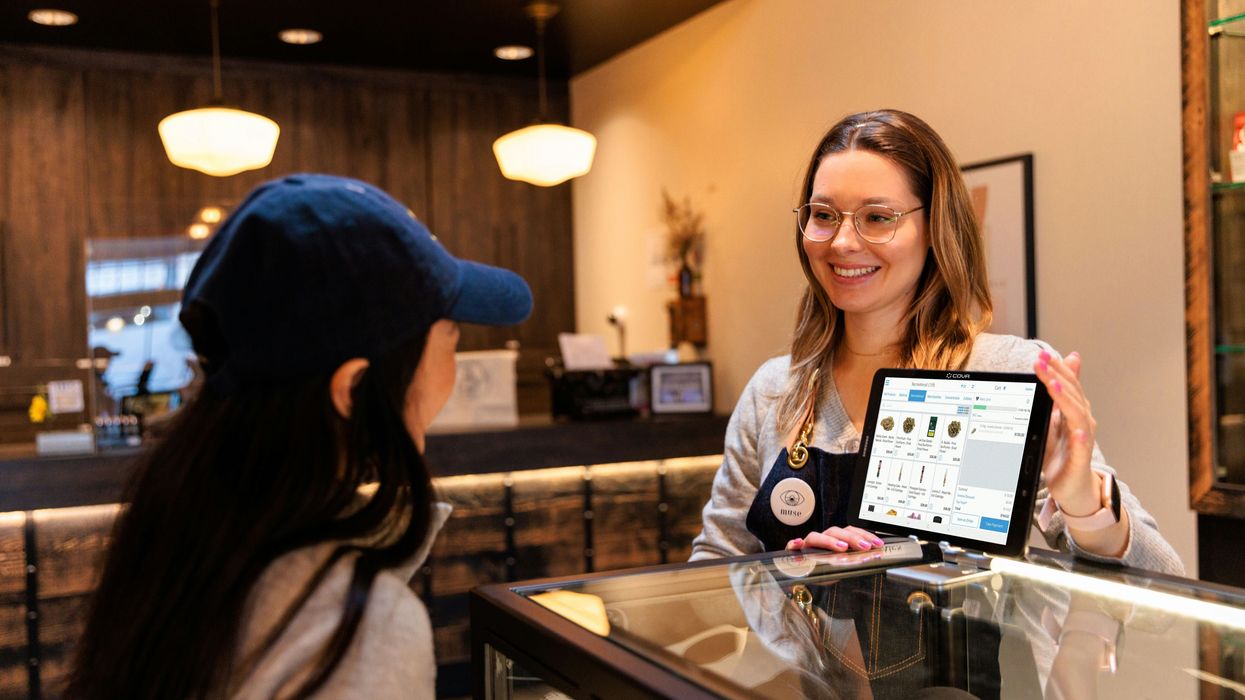
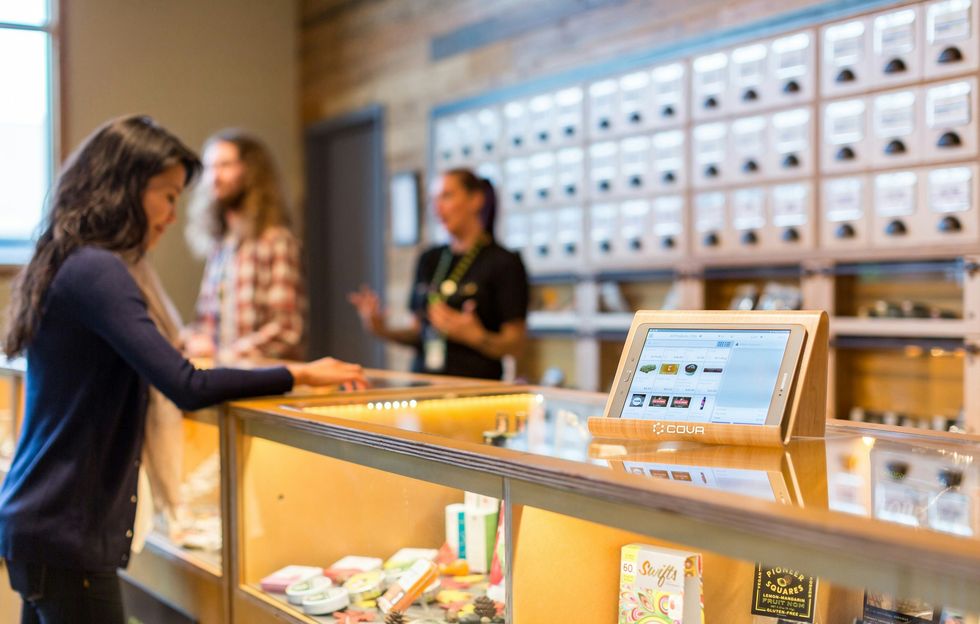 How to Become a Budtender: Complete Career Guide & Salary Information - The Bluntness Photo by
How to Become a Budtender: Complete Career Guide & Salary Information - The Bluntness Photo by  How to Become a Budtender: Complete Career Guide & Salary Information - The Bluntness Photo by
How to Become a Budtender: Complete Career Guide & Salary Information - The Bluntness Photo by 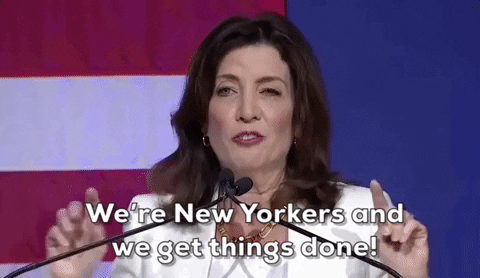
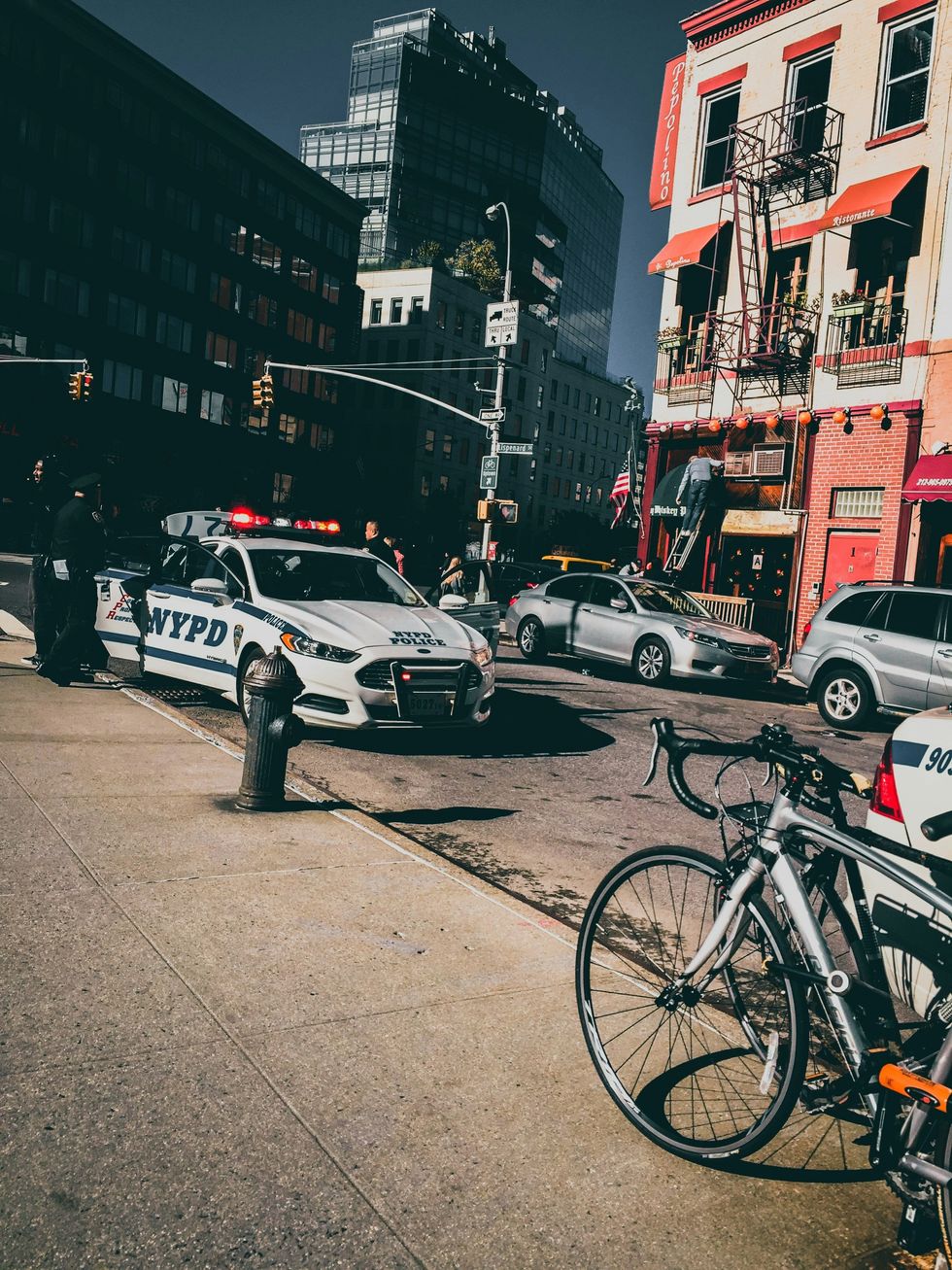 Why Gov. Hochul’s Cannabis Crackdown Stinks of Regression - The Bluntness
Photo by
Why Gov. Hochul’s Cannabis Crackdown Stinks of Regression - The Bluntness
Photo by 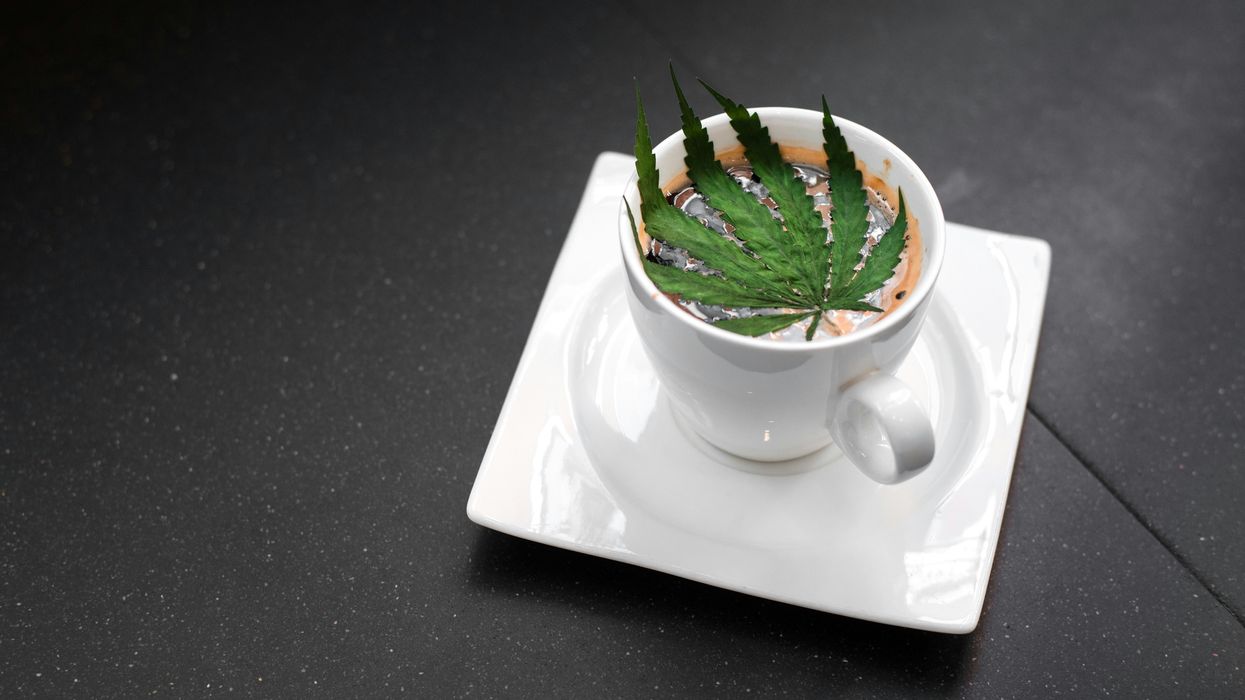
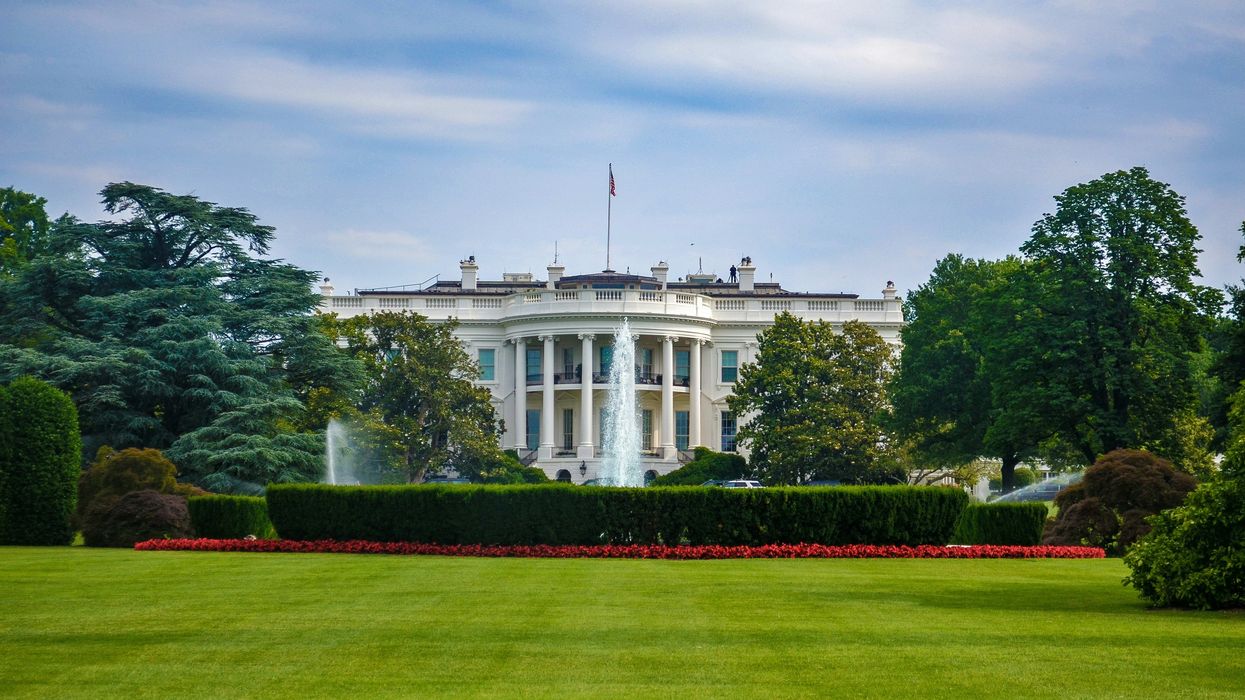
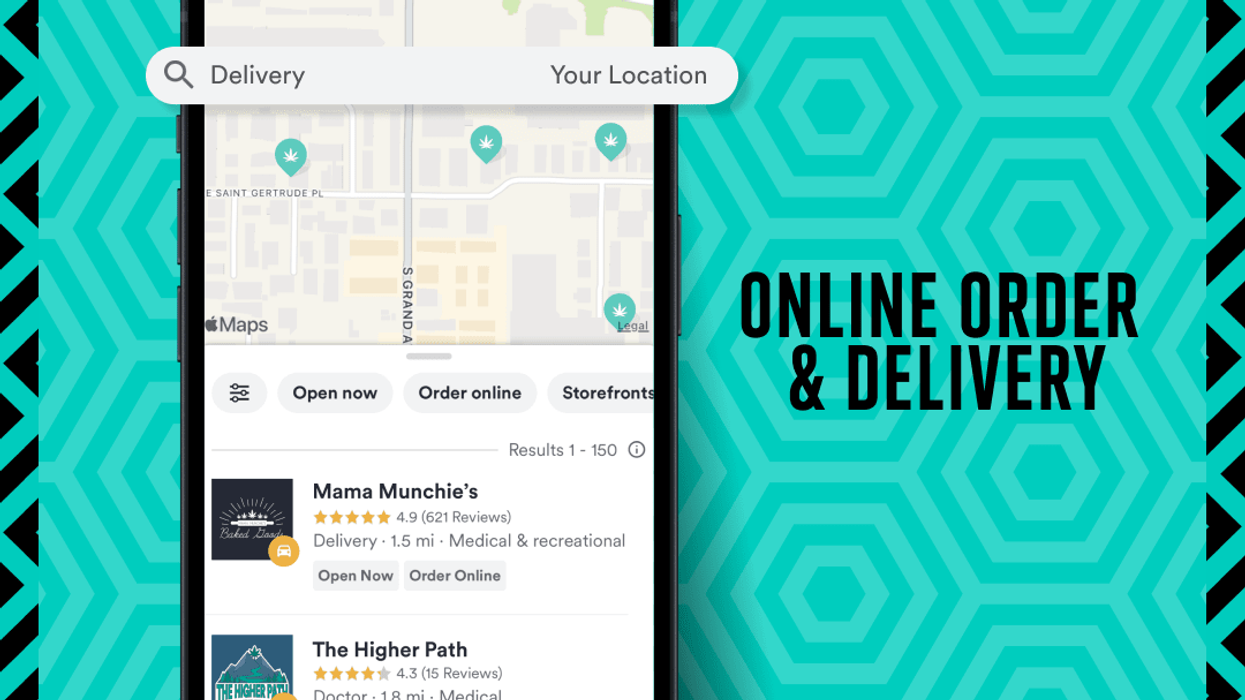
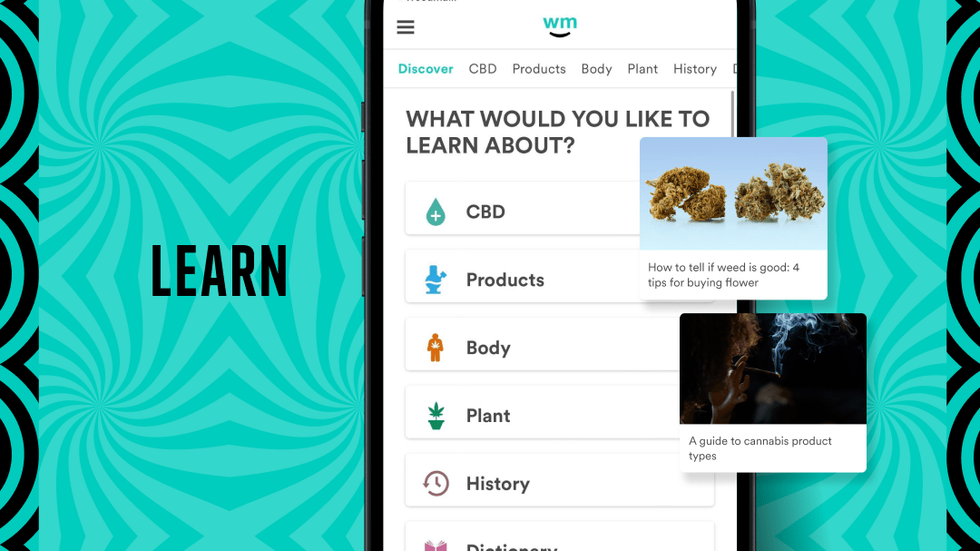 Weedmaps: Educational Resources and Cannabis Advocacy
Weedmaps: Educational Resources and Cannabis Advocacy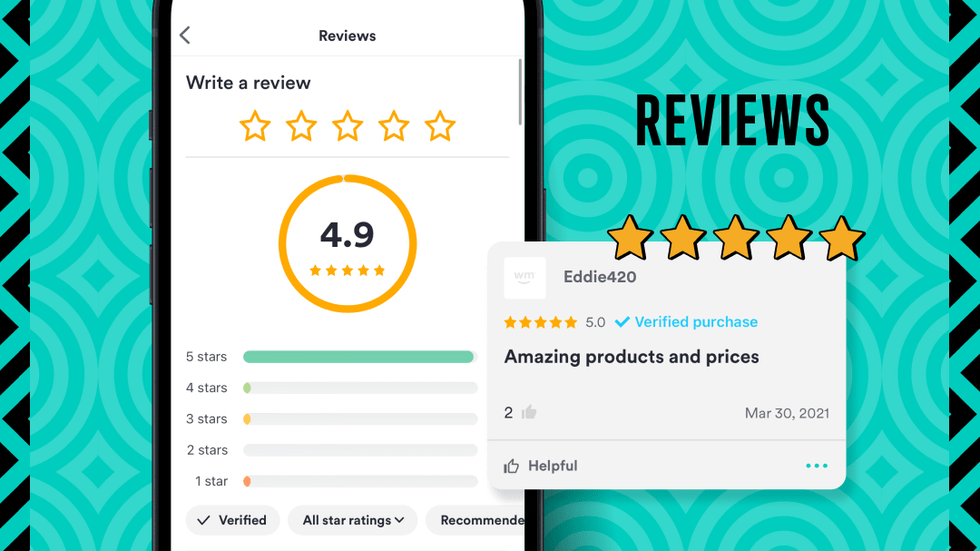 Weedmaps is enhancing how we access and interact with cannabis products
Weedmaps is enhancing how we access and interact with cannabis products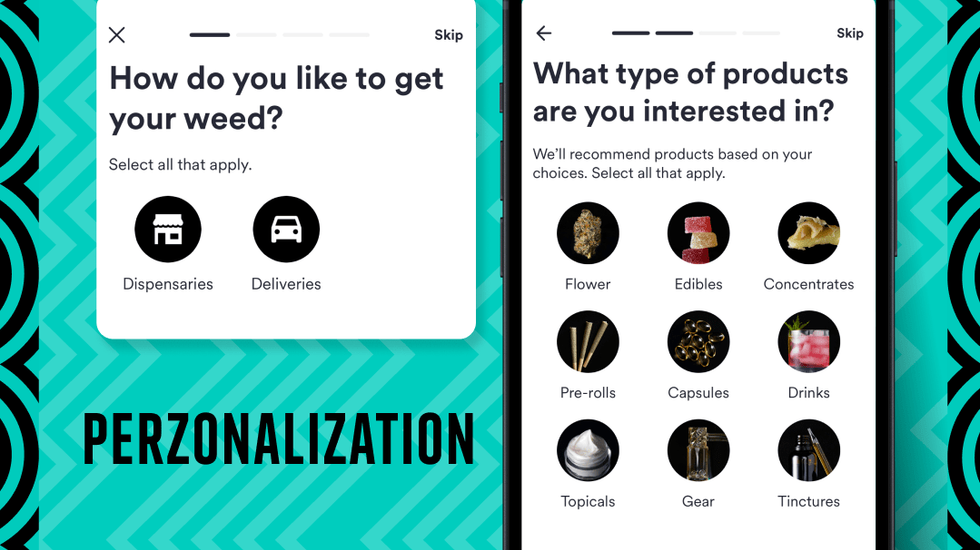 Weedmaps offers personalized recommendations that adapt to your preferences and history
Weedmaps offers personalized recommendations that adapt to your preferences and history










